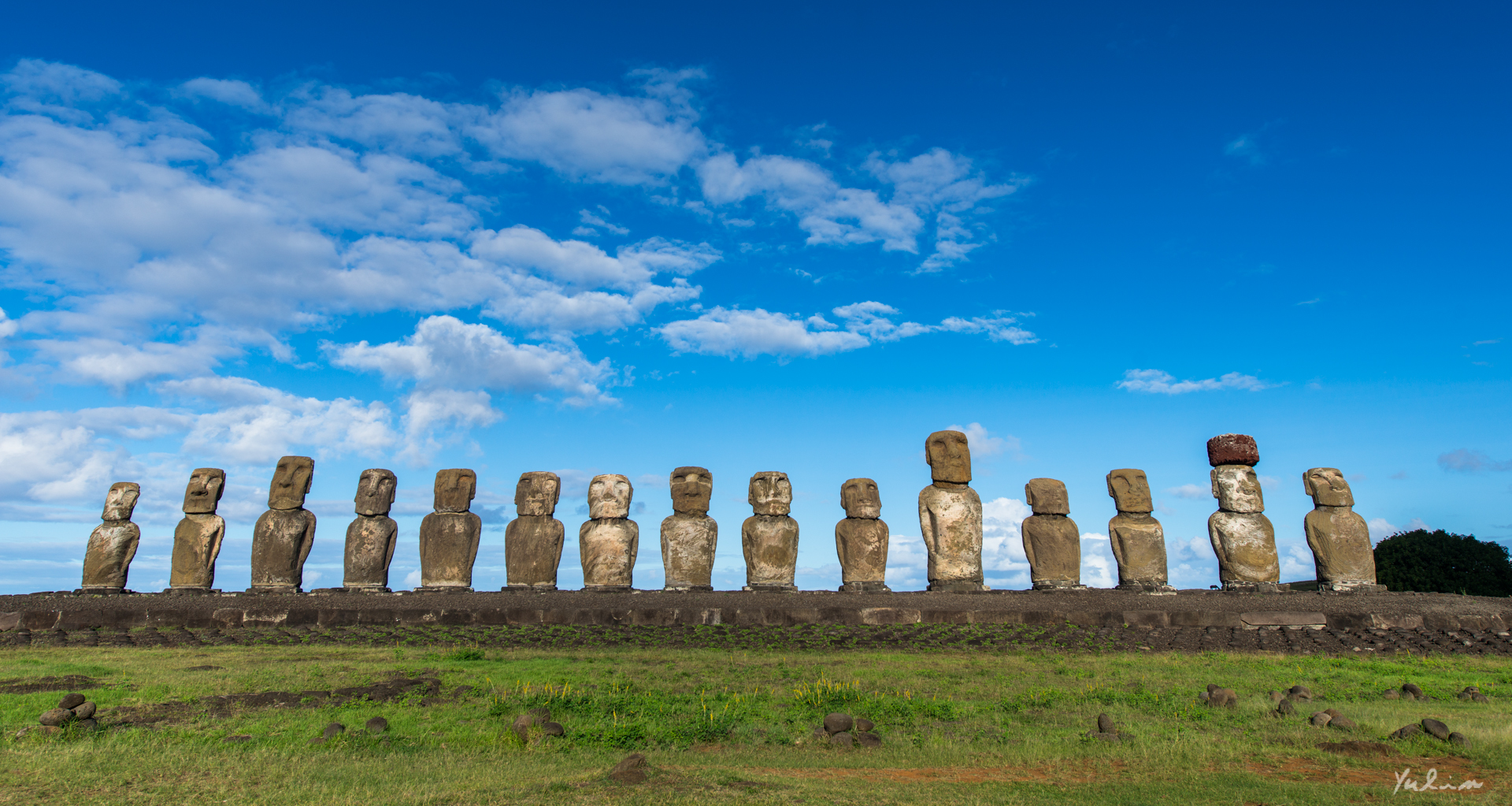
Stopping work to learn remains the ideal. After all, many of us carry the memory of residential higher education as a powerful moment of personal growth, at the end of our teenage years and prior to entry into the workforce. Formal learning in the present includes both in-service workshops and trainings as well as various forms of continued professional development (CPD) offered by training providers and higher education institutions.









